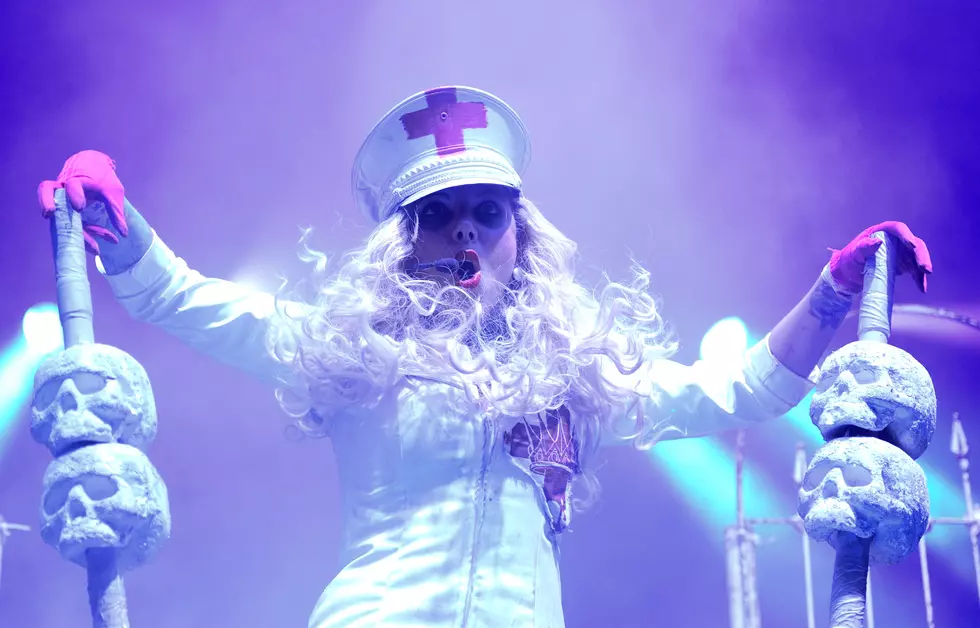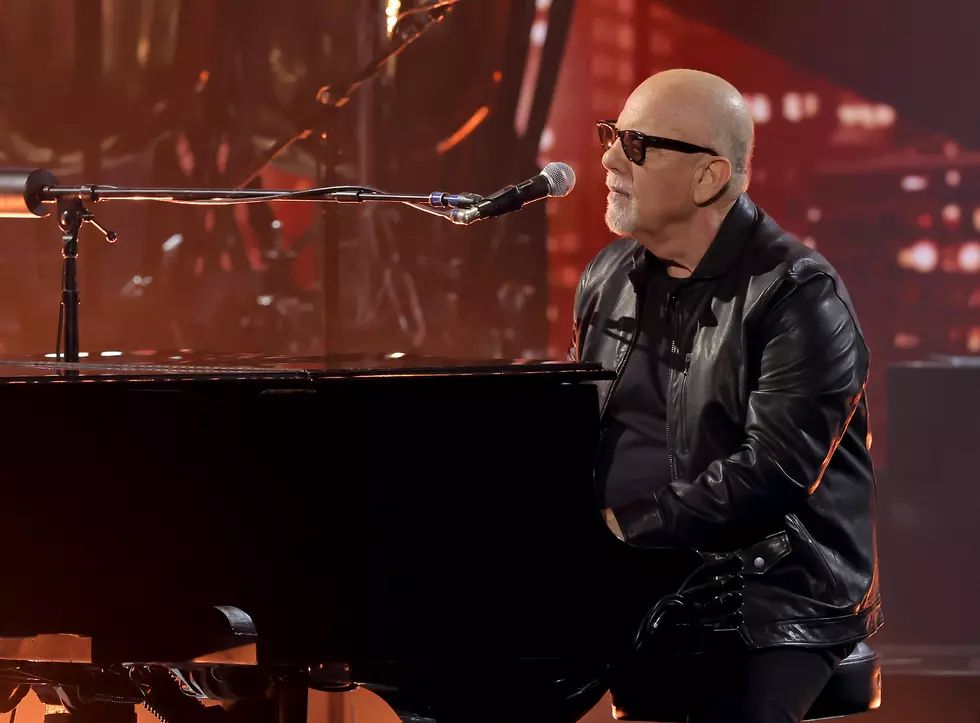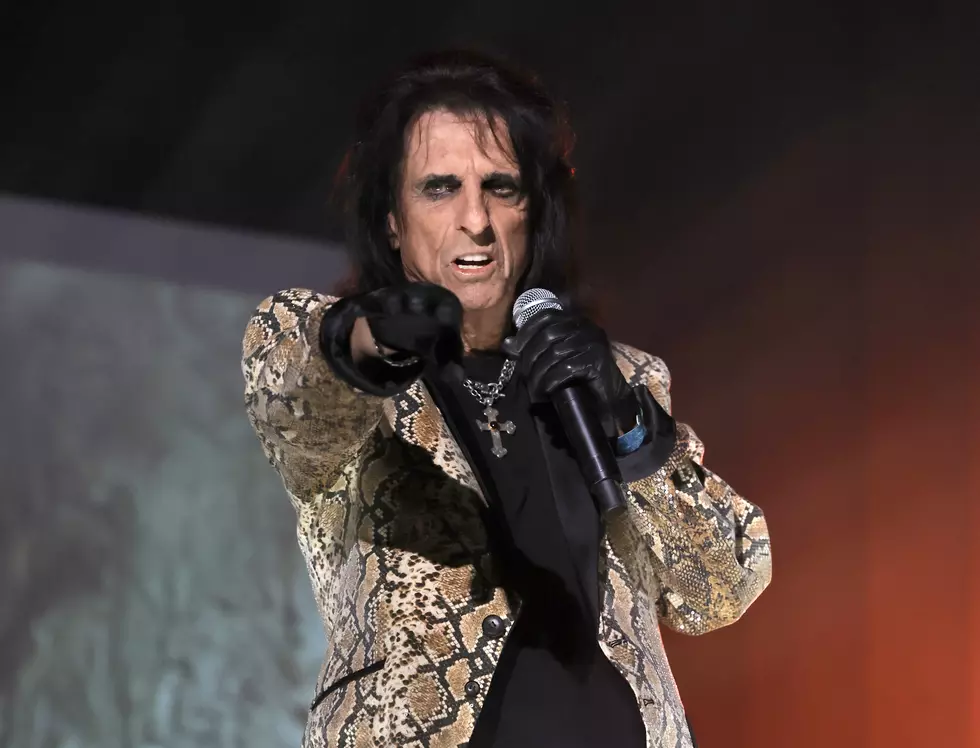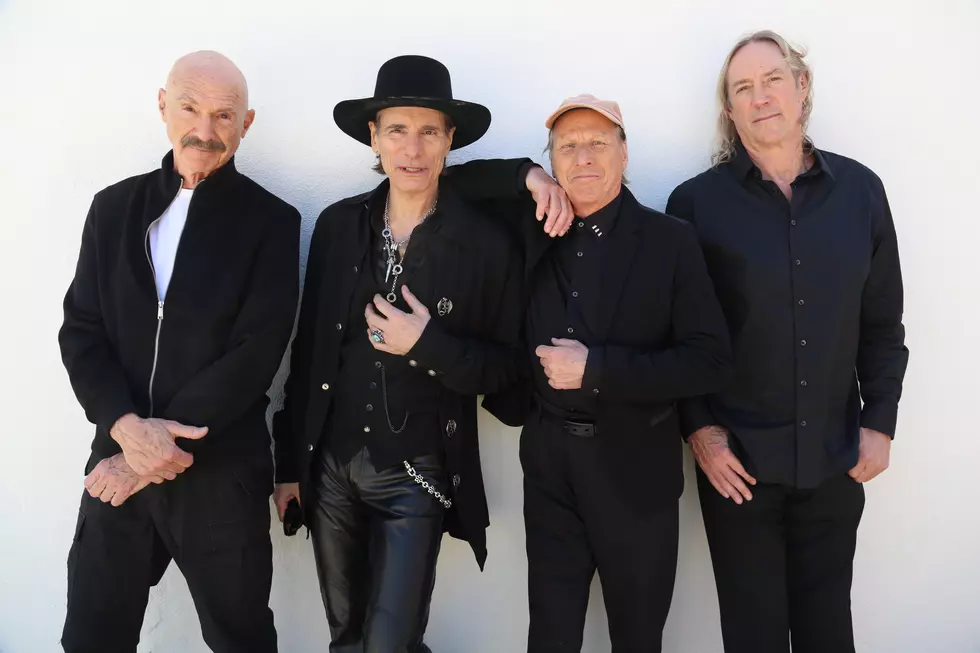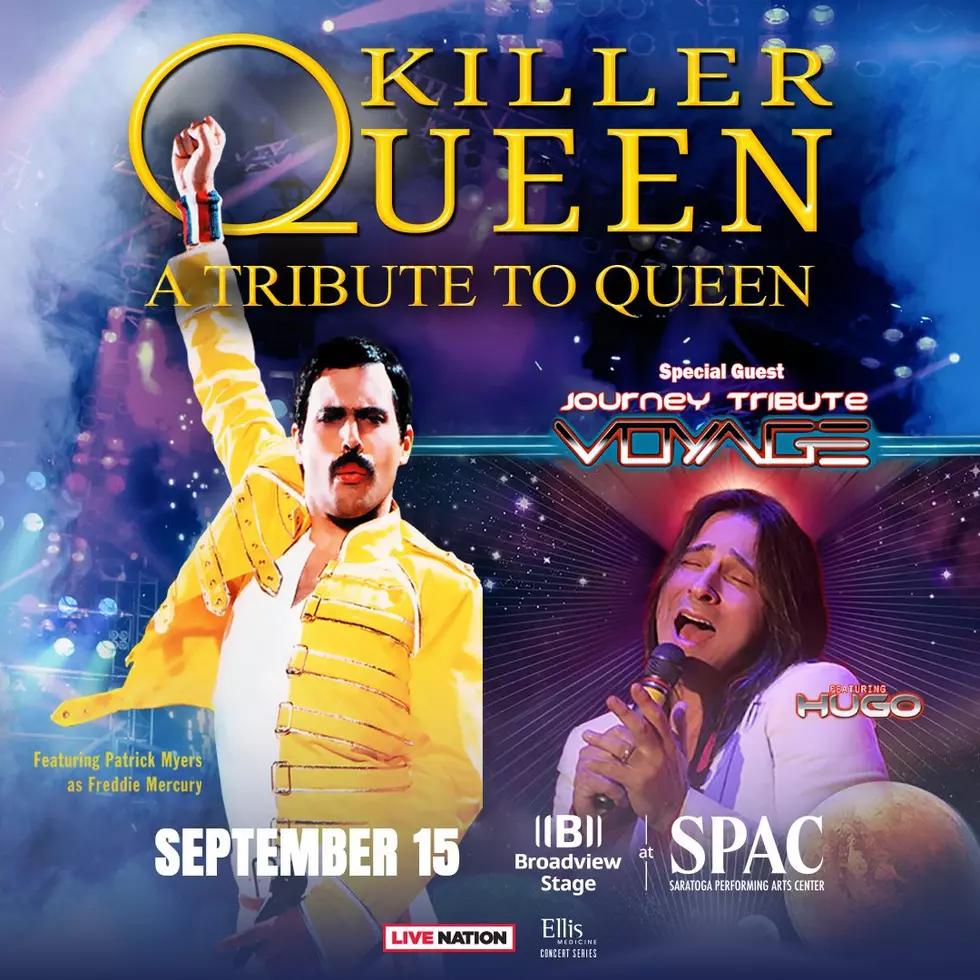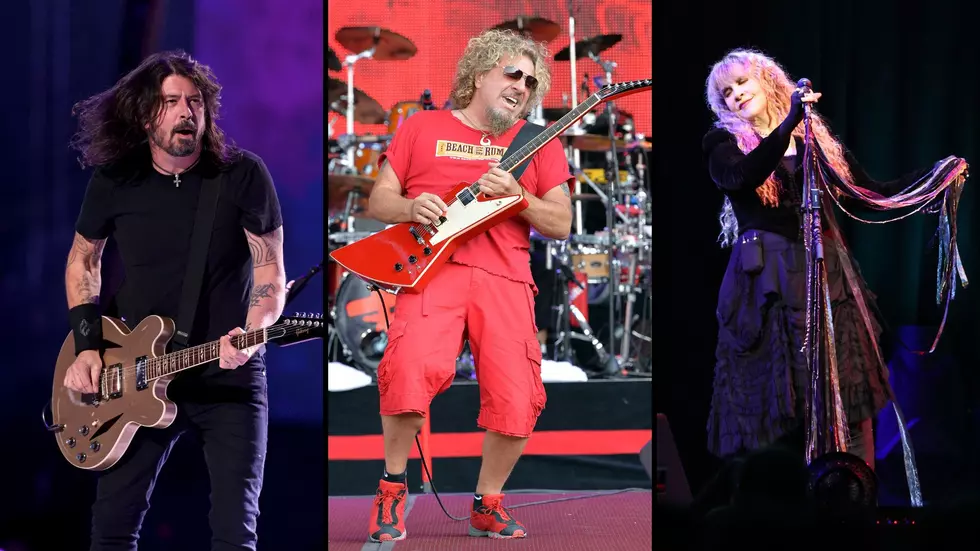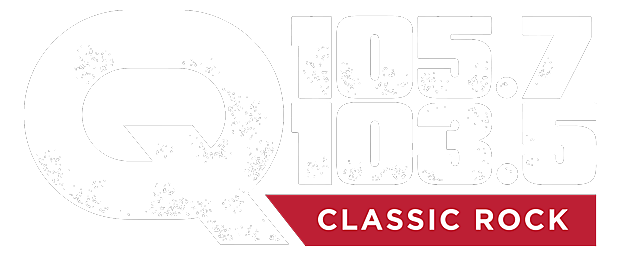
20 Years Ago: Ex-Kiss and Motley Crue Men Release Union Debut Album
The mid-‘90s was a world of rapid change in the rock scene. In the aftermath of Nirvana some artists were racing to reinvent themselves while others returned to their roots. When both Motley Crue and Kiss decided on the latter approach, returning to their original lineups, Motley singer John Corabi and Kiss guitarist Bruce Kulick found themselves without work, and decided to join forces in Union.
“The tide was against us, you know. It was more towards new bands of Seattle, and Guns N’ Roses was [even] questioning, ‘What do we do?’” Kulick told UCR in an unpublished interview from 2014. “It was a difficult time then, too. I was just proud we still [accomplished what we did.]”
What they’d been doing was revealed to the world via the album Union in February 1998, released a year after the band was formed with Kulick, Corabi, bassist Jamie Hunting and drummer Brent Fitz (who later joined Slash’s solo band and later still joined the band led by Kulick and his brother Bob Kulick). They knew they couldn’t raise the kind of cash that Kiss and Motley Crue could throw at a project, so they determined to make the absolute most of their talents and concentrate on quality. They were assisted by Kiss production veteran Curt Cuomo, and managed to achieve a multi-layered effect that packed a punch in the studio, and that could just-about be captured live with Hunting playing a 12-string guitar and Corabi also playing while singing.
The studio spirit matched their musical ambitions. “We were doing one song and tracking it,” Corabi remembered of the studio sessions in 2016. “[A]nd while we were sitting there tracking the one song, we were trying to get a tone for my guitar; and while I was sitting there trying to get a tone, I just started playing the riff to ‘Love (I Don’t Need It Anymore).’ Everybody goes, ‘What is that?’ And I’m like, ‘I don’t know, I’m just kind of noodling on this riff.’ And it was like, everything halted and then we worked on that, and we kind of wrote it and then we tracked that as well. Things just come in weird, different ways.”
The 11-song album was supported with the release of two singles, “Old Man Wise” and “October Morning Wind,” and despite their lack of resources, Union achieved a modestly pleasing strike rate, reaching No. 36 in the Billboard Heatseekers chart. But in those stormy days of change it wasn’t enough to secure the level of industry interest they needed. “I had a record company tell me and Bruce… that they wouldn’t sign us because there were two guys in the band older than the guy who wanted to sign us,” Corabi said later. “I’m like, I’m not trying to play linebacker for the Philadelphia Eagles, and I’m not trying to be a boxer. There’s not supposed to be an age limit in art.”
Despite releasing Union Live in the Galaxy in 1999 and second studio album The Blue Room in 2000, the call of more concrete engagements meant the members found themselves concentrating on other projects – notably Ratt (and later Dead Daisies) for Corabi and Grand Funk Railroad for Kulick. “[B]ack then, I’d go, ‘Oh, we have to be on an independent label where we’re going to get 100 grand for the record,'” he said. “Hello? I think you know what’s going on out there right now – 100 grand [now] is like a million dollars back in the ‘80s or something. So it wasn’t that bad, it just didn’t catch fire the way it should have. It really didn’t.”
Saying that he hoped there might be the odd unreleased song or two in an archive somewhere, he added, “So I’m looking into it. Because that’s another group that to me, the music was great – I’m very proud of [our albums] and I have no issue with that. The fact that it wasn’t as successful or enough people didn’t give it a chance, I think that’s something that they’re missing. I know it’s there -- I know that we did a great job and that music is going to stand up for a long time.”
Kiss Lineup Changes: A Complete Guide
More From Q 105.7
